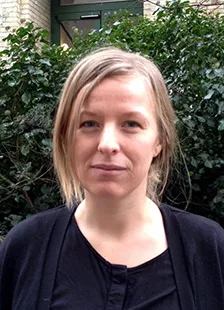Today, Sweden has a combination of public and private cover for legal expenses in civil cases.
Legal expenses insurance (Rättsskydd) is part of household insurance policies, and it can pay part of the costs of legal representation in certain types of case under litigation. Those without household insurance, or if the insurance does not cover the particular case, can, under certain circumstances, be entitled to publicly funded legal aid (Rättshjälp).
The public legal aid scheme is subsidiary to the legal expense insurance, which means anyone who had a legal expense insurance covering the current affair would not receive legal aid.
The chapter aims at reviewing the current legal aid in the country with emphasis on the public legal aid scheme and the legal expense insurance.
The text also includes discussions on the function of the legal aid scheme in relation to the welfare state and from an access to justice perspective, pointing out strengths and weaknesses of the legal aid policies and practices.
Excerpts from the chapter "Legal Aid in Sweden":
"As the current legal aid scheme in Sweden is currently structured, most of the population relies on legal expenses insurance, rather than public legal aid. Thus, the legal protection offered today is primarily through people’s private household insurance and secondarily through publicly funded legal aid."
"Sometimes a case brought to the student legal clinic in Lund [Juristjouren --Ed], is very specialised, or involves something requiring legal proceedings, and they have to refer the client to a law firm. Since they are not sponsored by any law firm, they never suggest a specific firm to their clients. Instead, they can point clients to the judicial area in which they should try to find a suitable firm. However, they think that most people who seek help get it in one way or another. They, at least, get advice on how to proceed with their case. Sometimes they request their clients to take the first step (for example, to make a phone call to an organisation) and then get back to them.
The students identify another area where information is often sufficient. Agnes described people’s lack of knowledge about their entitlement to legal services: ‘Something that people rarely know about is that they may be entitled to help through their household insurance. We provide that information quite often.’ Robin said: ‘That’s right, they should check the terms of their household insurance if they want to sue someone or are being sued.’ Their experience that few people know about legal expenses insurance is significant to an access to justice perspective, where knowledge of your rights is a cornerstone (Curran and Noone 2008). If Swedes generally do not know if or how they are covered, this becomes a problem if they end up in a litigation process. A prerequisite for the use of legal aid is that citizens are aware of their rights."
Read the whole chapter Legal Aid in Sweden on springer.com
The book Legal aid in the Nordic countries on springer.com
